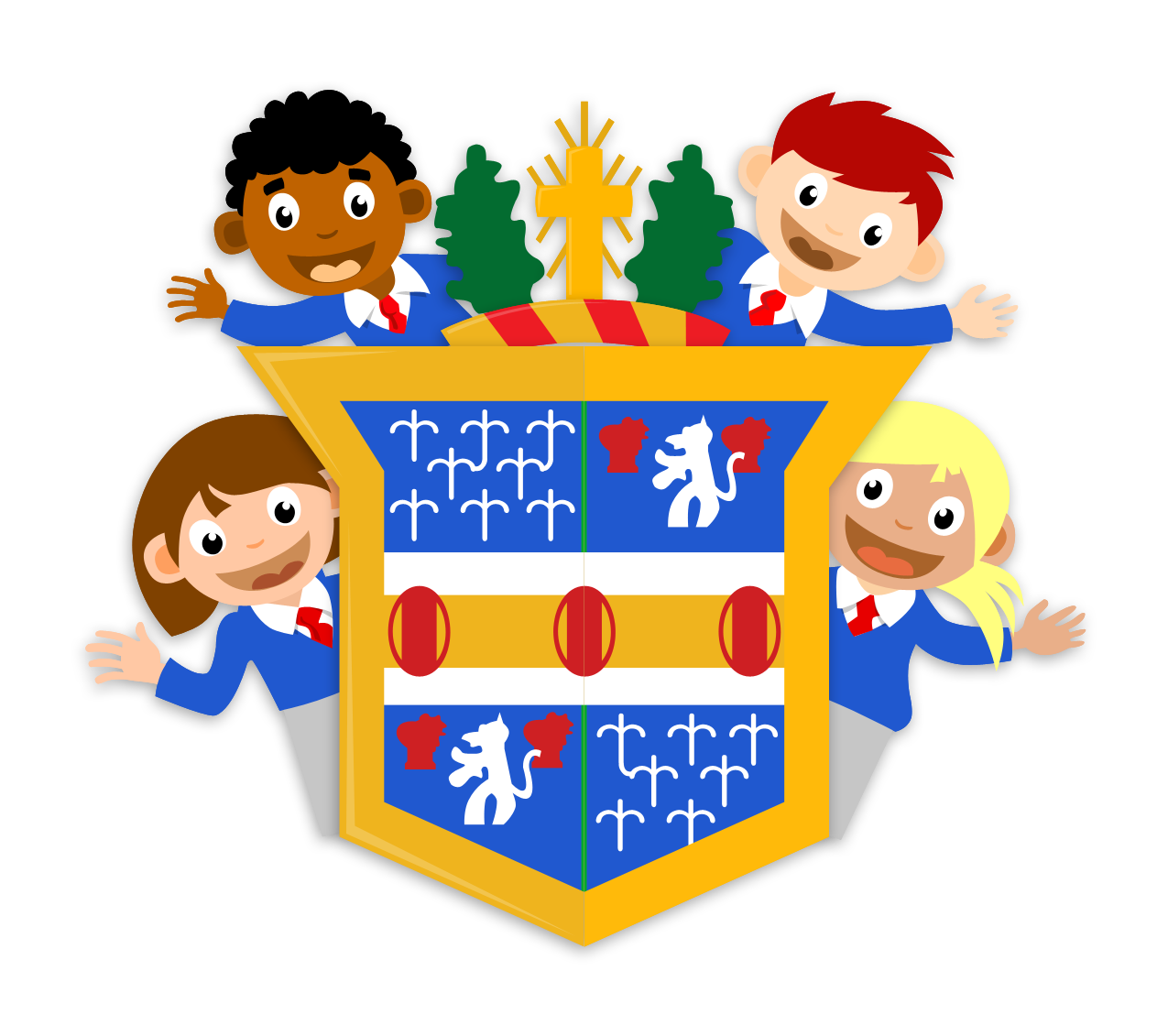History

Intent
At Saint Patrick's Catholic Primary School, we are HISTORIANS! We want our children to love history. We want them to have no limits to what their ambitions are and grow up wanting to be archivists, museum curators, archaeologists or research analysts.
Our aim is that, through the teaching of History, we stimulate all children’s interest and understanding about the life of people who lived in the past. We teach children a sense of chronology, in order to develop a sense of identity and a cultural understanding based on their historical heritage. This enables our children to learn to value their own and other people’s cultures in modern multicultural Britain.
We aim to make all children aware of the actions of important people in history and enable children to know about significant events in British history, whilst appreciating how things have changed over time.
This wider awareness leads to the children having some knowledge of historical development in the wider world.
Implementation
We plan an effective History curriculum which will meet the needs of all learners; making adjustments where necessary to ensure that children with Special Educational Needs and those who are categorised as Disadvantaged Learners are able to achieve their full potential.
History is taught in every year group every other term.
- In KS1, History begins by looking at the children’s own personal history and introduces them to the idea of chronology and timelines.
- In KS2, History is taught to build from local history to global history. This allows pupils to build on the previous knowledge and learning, as they place known History topics on a timeline, alongside new historical learning.
- Across the school, children will begin by understanding their own History, before looking at local History, then wider into European History and then finally going out wider into global History.
- In order to support children in their ability to know more and remember more, there are regular opportunities to review the learning that has taken place in previous topics as well as previous lessons.
- At the end of each topic children will create a 'double page spread' to summarise and celebrate their learning in the topic. This is kept in a separate book which will follow each child through the school. This will enable them to review previous learning and will have the opportunity to share what they already know about a current topic.
- Effective CPD opportunities are available to staff to ensure high levels of confidence and knowledge are maintained.
- To support teaching, staff access a range of resources.
- Medium term planning for all units will cover key historical concepts: Chronological understanding, Historical knowledge, Historical interpretation and Historical enquiry.
- Children are given opportunities, where possible, to study artefacts leading to enquiry, investigation, analysis, interpretation, evaluation and presentation.
- We plan for effective use of educational visits and visitors, to enrich and enhance the pupil’s learning experience and the History curriculum.
- Teachers use effective Assessment for Learning at different points in each lesson to ensure misconceptions are highlighted and addressed.
- Effective modelling by teachers ensures that children are able to achieve their learning intentions, with misconceptions addressed within it.
- Through using a range of assessment tools, differentiation is facilitated by teachers, to ensure that each pupil can access the History curriculum.
- Cross-curricular links are planned for, with other subjects such as Maths, Writing and Computing.
EYFS
The Early Years Foundation Stage Curriculum supports children’s understanding of History through the planning and teaching of ‘Understanding the World’. This aspect is about how children find out about past and present events in their own lives, their families and other people they know. Children are encouraged to develop a sense of change over time and are given opportunities to differentiate between past and present by observing routines throughout the day, growing plants, observing the passing of seasons and time and looking at photographs of their life and of others. Practitioners encourage investigative behaviour and raise questions such as, ‘What do you think?', ‘Tell me more about?', 'What will happen if..?', ‘What else could we try?', ‘What could it be used for?' and ‘How might it work?' Use of language relating to time is used in daily routines and conversations with children for example, ‘yesterday', ‘old', ‘past', ‘now' and ‘then'.
Impact
The impact of this curriculum design will lead to good progress over time across key stages relative to a child’s individual starting point and their progression of skills. Children will therefore be expected to leave Saint Patrick's Catholic Primary School achieving all National Curriculum aims. Our History curriculum will also lead pupils to be enthusiastic history learners, evidenced in a range of ways, including pupil voice and their work.
Below you will find a link to our annual History plans across the school. These are regularly reviewed and updated.
